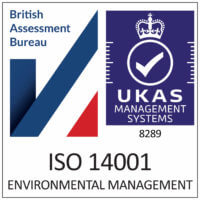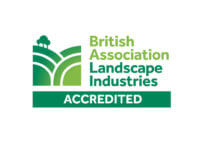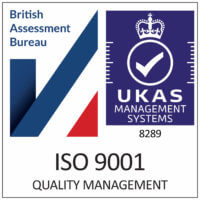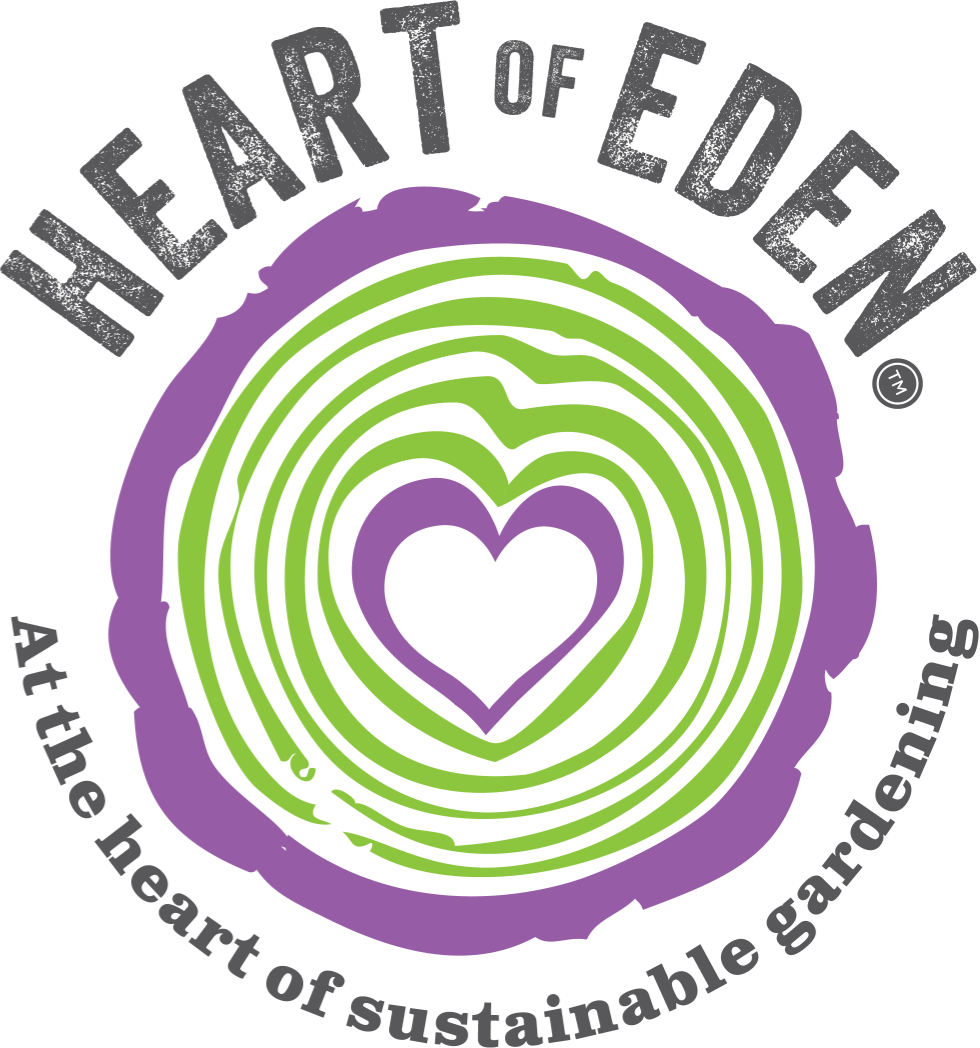Exploring the Benefits of Peat-Free All-Purpose Compost for Sustainable Gardening
Oct 6th 2023
Are you passionate about gardening and want to do your part for the environment? Look no further than peat-free all-purpose compost. In this article, we will explore the numerous benefits of using peat-free compost for sustainable gardening. By switching to this more environmentally friendly option, not only will you be helping to conserve precious peatlands, but you will also be providing your plants with a nutrient-rich and sustainable growing medium. Get ready to discover how peat-free compost can take your gardening to the next level.
Environmental benefits
Reduces carbon emissions
Using peat-free all-purpose compost is a simple yet effective way to reduce carbon emissions in your gardening practices. Peat extraction and production release large amounts of carbon dioxide into the atmosphere, contributing to climate change. By opting for peat-free compost, you are actively minimizing your carbon footprint and making a positive impact on the environment.
Preserves peatlands
Peatlands are incredible natural ecosystems that store vast amounts of carbon, help regulate water flow, and provide habitat for unique plant and animal species. Unfortunately, peat extraction for gardening purposes threatens the existence of these vital habitats. By choosing peat-free all-purpose compost, you are preserving peatlands and ensuring their conservation for future generations.
Conserves water resources
Water scarcity is a growing concern globally, and every effort to conserve water is crucial. Peat-free all-purpose compost plays a role in water conservation by improving soil structure and enhancing water retention. The compost’s ability to hold moisture reduces the need for frequent watering, minimizing water waste and helping to address the challenge of water scarcity.
Plant health benefits
Promotes healthier root development
Peat-free all-purpose compost provides an ideal growing medium for plants, promoting healthier root development. The compost’s texture allows roots to penetrate easily, ensuring optimal nutrient uptake and providing a stable foundation for plants to thrive. Healthy root systems contribute to overall plant health, supporting robust growth and productivity.
Enhances nutrient availability
Plants require a diverse range of nutrients to grow and thrive. Peat-free all-purpose compost enriches the soil by releasing essential nutrients slowly and consistently. This steady supply of nutrients enhances nutrient availability, ensuring that plants have access to the nourishment they need for optimal growth and development.
Improves soil structure
Healthy soil is the foundation of a successful garden, and peat-free all-purpose compost contributes to soil improvement. The compost’s organic matter enriches the soil, enhancing its structure and promoting better drainage and aeration. Improved soil structure allows nutrients to become more readily available to plants and creates an environment where beneficial soil organisms can thrive.
Cost-effective option
Longer lasting compost
Peat-free all-purpose compost is a cost-effective option for gardeners as it tends to have a longer lifespan compared to conventional peat-based compost. The compost’s improved structure and slow release of nutrients mean that it remains effective for longer periods, reducing the need for frequent reapplication. This durability translates to long-term savings for gardeners.
Reduces the need for fertilizers
One of the significant advantages of peat-free all-purpose compost is its richness in organic matter, which naturally provides plants with essential nutrients. By using this compost, you can significantly reduce the need for synthetic fertilizers. Not only does this save you money, but it also promotes organic gardening practices, contributing to a healthier and more sustainable gardening approach.
Lessens pest and disease problems
Incorporating peat-free all-purpose compost into your gardening practices can help minimize pest and disease issues. The compost’s improved soil structure and balanced nutrient content promote plant health, making your plants more resistant to pests and diseases. By reducing the reliance on chemical pesticides and fungicides, you contribute to a healthier environment and mitigate the risk of harmful chemical residues on your produce.
Improved water retention
Retains moisture in the soil
Water is a precious resource, and gardeners need to make efficient use of it. Peat-free all-purpose compost excels in retaining moisture in the soil, reducing water evaporation and ensuring that plants have access to a consistent water supply. This moisture retention ability helps your garden withstand dry spells and reduces the need for excessive watering.
Reduces the need for frequent watering
By using peat-free all-purpose compost, you can decrease the frequency of watering your garden. The compost improves the soil’s ability to hold moisture, meaning you won’t have to water your plants as often. This not only saves time and effort but also conserves water resources, making your gardening practices more sustainable.
Increases drought tolerance
As extreme weather events, including droughts, become increasingly common, it is essential to cultivate plants with increased resilience. Peat-free all-purpose compost assists in enhancing the drought tolerance of your plants by improving the soil’s water-holding capacity. This allows plants to better withstand periods of limited rainfall, ensuring their survival and reducing the need for excessive irrigation.
Versatile usage
Suitable for various plants and gardens
Peat-free all-purpose compost is incredibly versatile and suitable for a wide range of plants and garden types. Whether you have a flower garden, a vegetable patch, or a container garden, this compost is an excellent choice. It provides optimal growing conditions for various plants, ensuring healthy growth and abundant harvests.
Can be used for seeding, potting, and mulching
One of the advantages of peat-free all-purpose compost is its versatility in garden applications. It is suitable for seeding, providing a nurturing environment for young plants to thrive. It works well for potting, offering an ideal medium for planting and transplanting. Additionally, it can be used as mulch to suppress weeds, retain moisture, and regulate soil temperature.
Supports the growth of both flowers and vegetables
Whether you have a passion for growing vibrant flowers or a desire to cultivate your own vegetables, peat-free all-purpose compost offers excellent support for both. The compost’s nutrient-rich composition is beneficial for flowering plants, promoting lush blooms and vibrant colors. It also provides the necessary nutrients for vegetable plants, supporting healthy growth and bountiful harvests.
Reduced environmental impact
Lowers greenhouse gas emissions
One of the most significant environmental benefits of peat-free all-purpose compost is the reduction in greenhouse gas emissions. The extraction and use of peat contribute to carbon dioxide emissions, exacerbating climate change. By choosing peat-free alternatives, you actively reduce greenhouse gas emissions and contribute to a more sustainable future.
Decreases peat extraction and transportation
Peat extraction for the gardening industry has led to the degradation of peatland ecosystems and their associated biodiversity. By opting for peat-free all-purpose compost, you decrease the demand for peat and help preserve these fragile habitats. Additionally, reduced reliance on peat also lessens the need for transportation, decreasing fuel consumption, and minimizing associated environmental impacts.
Minimizes nutrient runoff into water bodies
Agricultural practices that utilize synthetic fertilizers contribute to nutrient runoff, which can lead to water pollution and ecological imbalance in aquatic ecosystems. Peat-free all-purpose compost, with its slow release of nutrients, reduces the risk of excessive nutrient runoff. By using this compost, you mitigate the environmental impact on nearby water bodies and help maintain the health of aquatic life.
Promotes biodiversity
Creates habitats for beneficial insects
Promoting biodiversity in your garden is essential for maintaining ecological balance and a thriving ecosystem. Peat-free all-purpose compost supports biodiversity by fostering habitats for beneficial insects such as pollinators and natural predators. By providing a suitable environment for these beneficial insects, you contribute to the overall health and diversity of your garden ecosystem.
Supports diverse plant communities
A diverse plant community is a hallmark of a healthy and resilient ecosystem. Peat-free all-purpose compost provides the necessary nutrients and soil structure for a wide range of plant species. By using this compost, you encourage the growth and diversity of plants in your garden, creating a more vibrant and sustainable environment.
Prevents destruction of natural habitats
Peat extraction for gardening purposes has contributed to the destruction of natural habitats, displacing unique plant and animal species. By choosing peat-free all-purpose compost, you play a part in the conservation of natural habitats. By supporting this environmentally responsible option, you help preserve the delicate balance of ecosystems and protect precious biodiversity.
Chemical-free gardening
Avoids the use of synthetic chemicals
Our Peat-free all-purpose compost provides a natural and chemical-free alternative to conventional gardening practices. By avoiding the use of synthetic chemicals such as pesticides and herbicides, you create a safer and healthier environment for both your plants and the surrounding ecosystem. Chemical-free gardening promotes a sustainable approach and reduces the impact of harmful substances on soil and water.
Reduces dependence on synthetic fertilizers
Synthetic fertilizers have become a common staple in conventional gardening, but their use can have detrimental effects on the environment. Our Peat-free all-purpose compost reduces the dependence on synthetic fertilizers by naturally enriching the soil with organic matter and essential nutrients. This shift to more sustainable fertilization practices helps protect water bodies from nutrient pollution and minimizes the risks associated with chemical runoff.
Minimizes contamination of soil and water with harmful substances
Chemical contamination of soil and water is a significant environmental concern. Peat-free all-purpose compost contributes to a cleaner environment by eliminating the use of harmful synthetic chemicals. By opting for this compost, you minimize the risk of contaminating the soil and water with toxic substances, creating a safer and more sustainable gardening environment.






